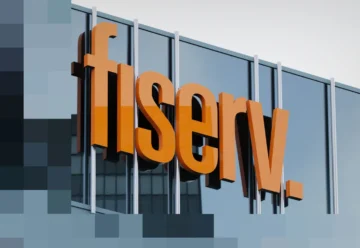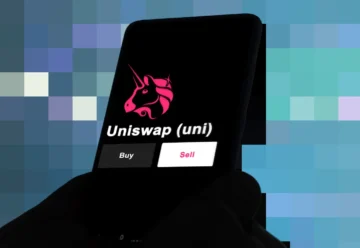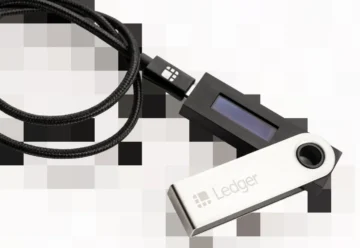Universal Virtual Machine Based on ZKP Now Available

Web3 developers can now access a zero-knowledge proof (ZKP) virtual machine that can potentially deploy smart contracts for decentralized applications (dApps), enabling interoperability on any blockchain network.
The RISC Zero team unveiled zkVM 1.0, the first version of the ZKP-based universal virtual machine. The development enables the generation of correctness proofs for cross-chain computations with zero-knowledge disclosure while maintaining full confidentiality of input data.
RISC0 zkVM enables interoperability with dApps written in the Rust programming language and deployed on any blockchain integrated with the RISC Zero verifier. The RISC Zero VM also supports the Tendermint ZK cross-chain protocol, which is used to synchronize multiple blockchain networks.
zkVM 1.0 promises high performance and cost-effectiveness, as confirmed through public testing results. The technology also passed an independent security audit by Hexens.
The platform is designed to simplify dApp development, extend functionality, and reduce operational costs. ZKP will guarantee a high level of data confidentiality and optimize computational resource usage during validation, which could potentially increase project scalability.
Developers expect that zkVM will contribute to reducing the fragmentation of the global blockchain ecosystem and lead to a new wave of dApps that can tackle complex practical problems.
Fragmentation issues in the blockchain ecosystem are discussed for a long time. In late May 2024, Vitalik Buterin said that the Ethereum ecosystem needs a single protocol for interaction between L2 networks. As a technical solution to this problem, the developers of Uniswap Labs and Across Protocol soon proposed the ERC-7683 standard.
Earlier, in July 2023, the Chainlink Labs team presented the Cross-Chain Interoperability Protocol (CCIP), which was widely used in various projects; for example, for settlements in tokenized asset transactions by clients of the financial conglomerate ANZ.











